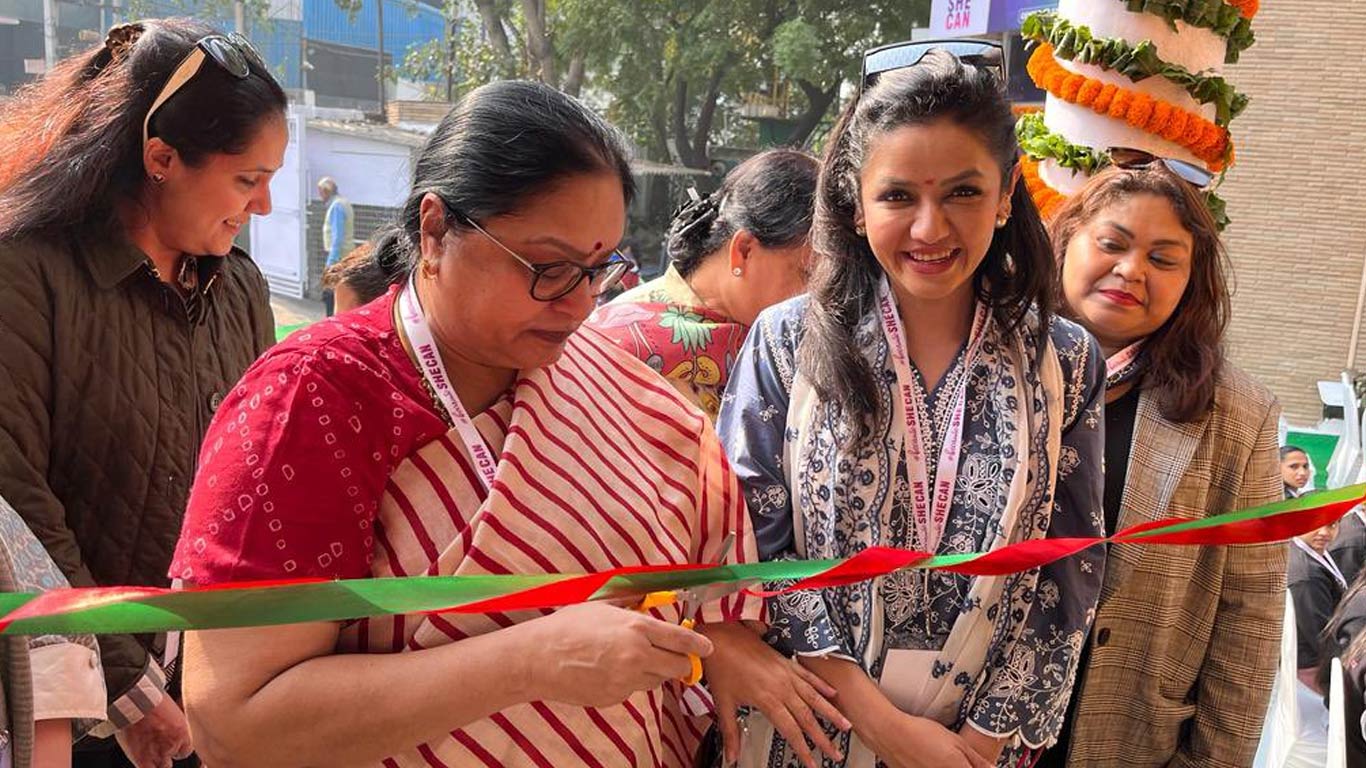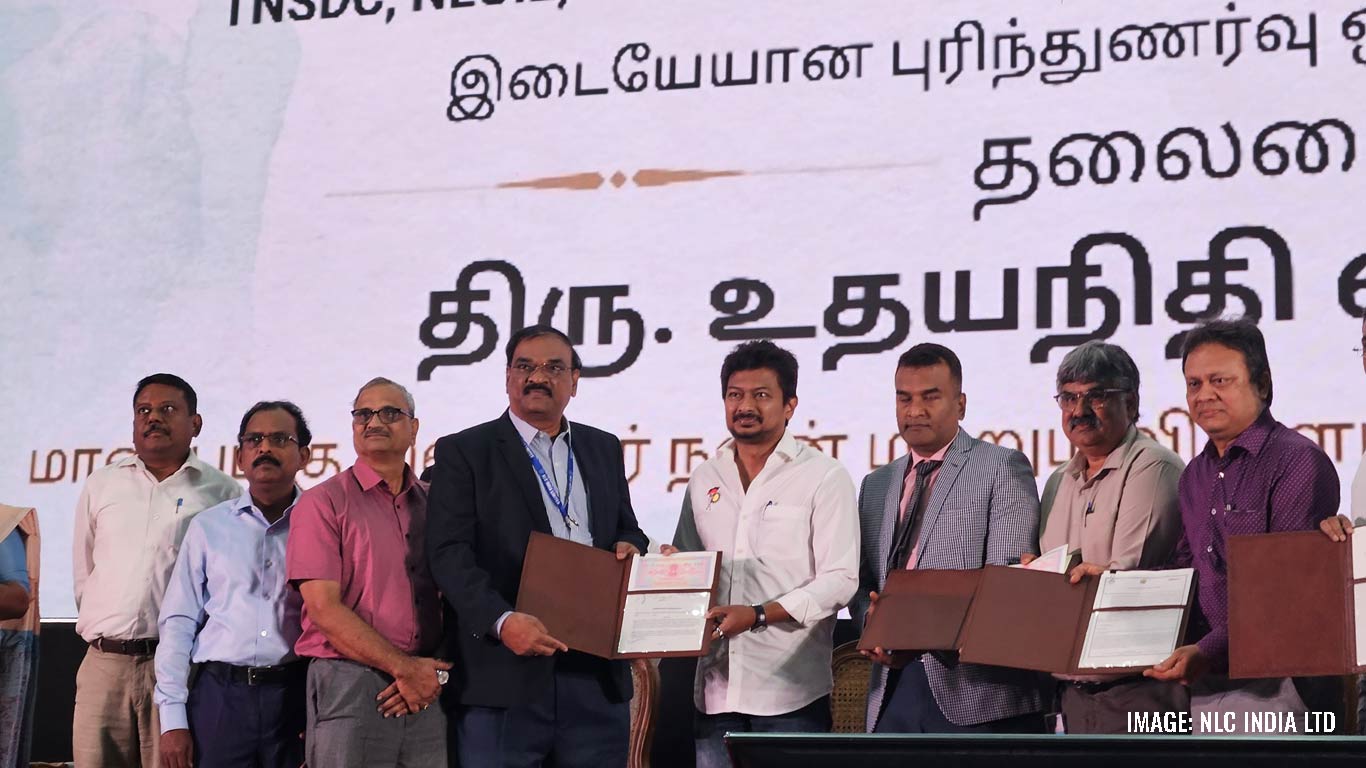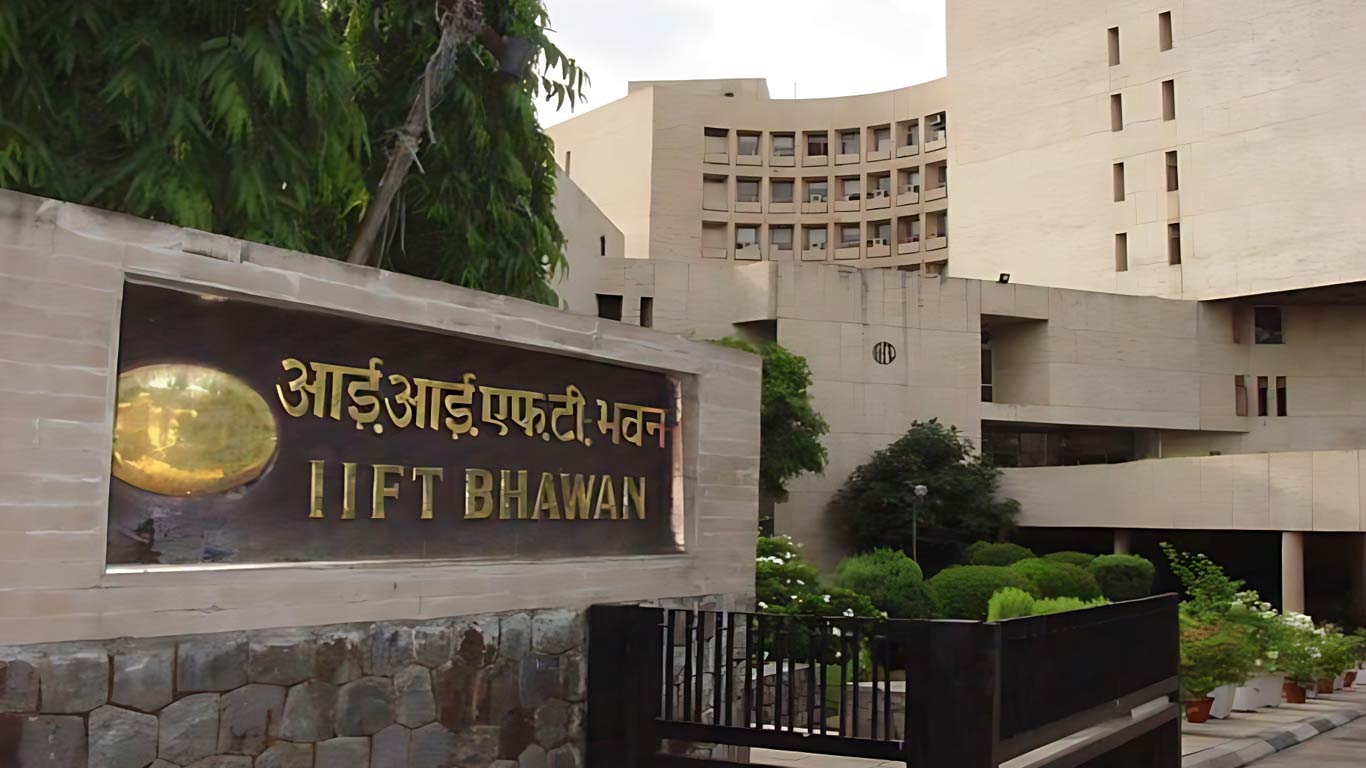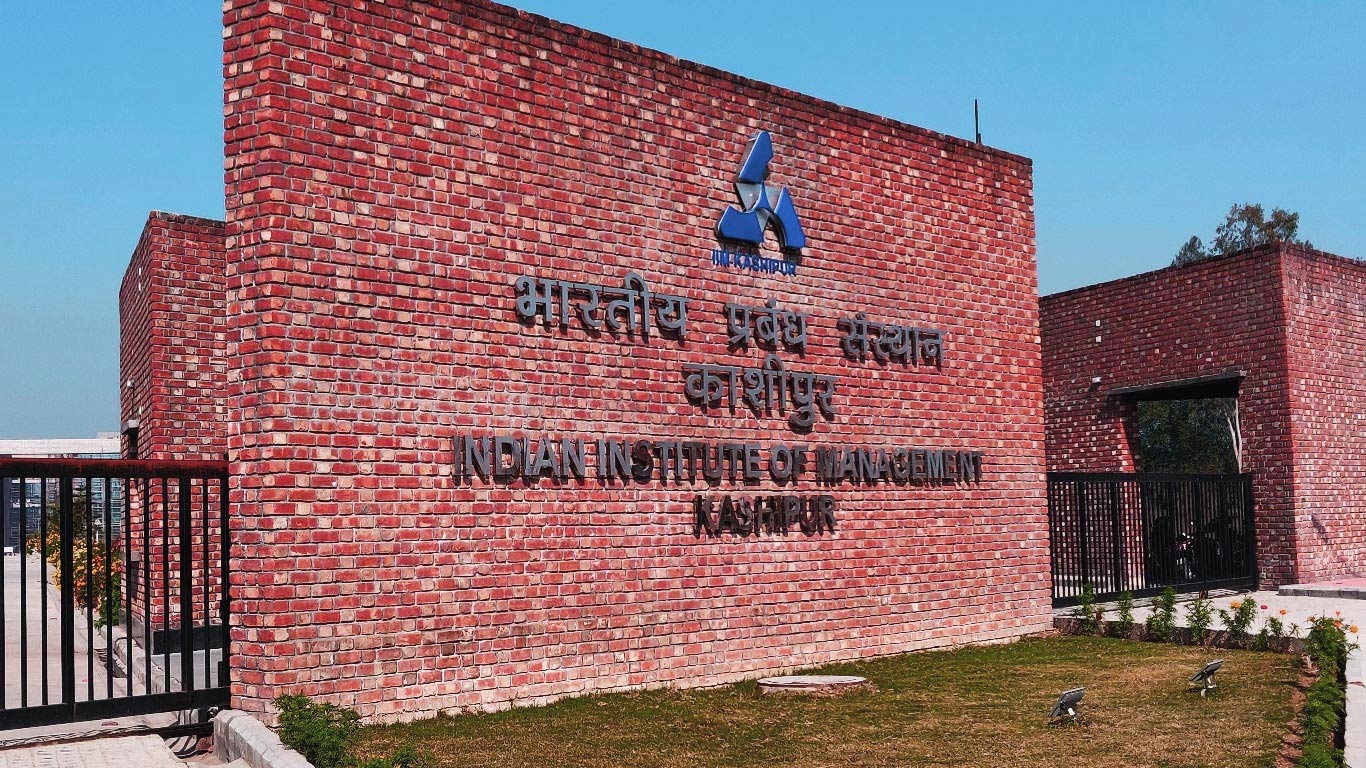Inclusion of voices of riparian communities is inevitable for trans-boundary water cooperation: Experts at CUTS Webinar
Updated: Aug 25, 2021 10:54:37am

Inclusion of voices of riparian communities is inevitable for trans-boundary water cooperation: Experts at CUTS Webinar
New Delhi, Aug 25 (KNN) Involving local communities and utilising their knowledge and experiences is vital for sustainable management of trans-boundary water resources, experts opined at a webinar organised by CUTS International.
Cross-border trade through inland waterways can support the livelihoods of riverine communities in India and Bangladesh.
“There are 54 trans-boundary rivers between India and Bangladesh but only a few are used for trade and transportation purposes. Farmers, boatmen, local producers and local traders can get benefitted if these river routes are revived for navigational purposes”, said Veena Vidyadharan, Fellow, and CUTS International on Tuesday.
She was moderating an interactive session hosted by CUTS International on August 24th, 2021, as a side event of the World Water Week 2021: Building Resilience Faster organised by Stockholm International Water Institute (SIWI).
The webinar was an initiative as a part of a regional programme titled “Trans-boundary Rivers of South Asia” (TROSA), which is supported by the Swedish International Development Cooperation Agency (SIDA), managed by Oxfam and implemented by CUTS International. More than 50 high-profile dignitaries and stakeholders from around the world participated in the event.
Archana Chatterjee, Programme Manager, International Union for Conservation of Nature (IUCN), India said that conventional framing of trans-boundary water governance is not sufficient as it marginalised the voices of the people who are dependent on these resources. Stressing on the relevance of Track-3 dialogues, she argued that the conventional bilateral approach for trans-boundary water governance underplays the knowledge and expertise of local communities.
She further suggested that the active and continuous participation of the local community in decisions involving cross-border cooperation on water governance will help in harnessing the traditional knowledge and ability of these people.
“Inland waterways transportation is a new area to enhance bilateral and multilateral collaboration but we must also keep in mind how cost effective is it”, said Shanta Soheli Moyna, Project Officer, Centre for Natural Resources Studies, Bangladesh.
She was referring to the costs involved in dredging for maintaining the navigability of waterways. She also pointed that cross border trade will benefit the local consumers as it would bring down the price of consumer goods.
''For that, a list of products has to be identified that has demand across the border and can be traded. Necessary infrastructure including quarantine facilities has to be ensured to facilitate the trade of perishable goods using small boats,'' she added.
Sharmila Khanam, Deputy Director, Bangladesh Inland Water Transport Authority (BIWTA), said that being a riverine country, Bangladesh has got a strategic advantage trans-boundary water navigation has a strategic advantage for inland water transportation. The three maritime ports of Chittagong, Payra and Monglaare connected by inland waterways.
The transhipment facilities at Ashuganj will enable landlocked north-eastern states of India to connect with mainland India through the territory of Bangladesh, she said.
Atowar Rahman, President, Dhubri Water Ways International Traders Association, India said that inland water transport has benefited the local traders. This has reduced the time and cost of transporting goods from India to Bangladesh. Now other traders of the region are also exploring opportunities to start cross-border trade of agricultural products such as mango, bamboo, sugar cane etc.
Ease in registration and certification of mechanised boats of 50- 100 tonne capacity would ensure participation of more boats for cross border trade along shorter stretches on trans-boundary rivers between India and Bangladesh.











